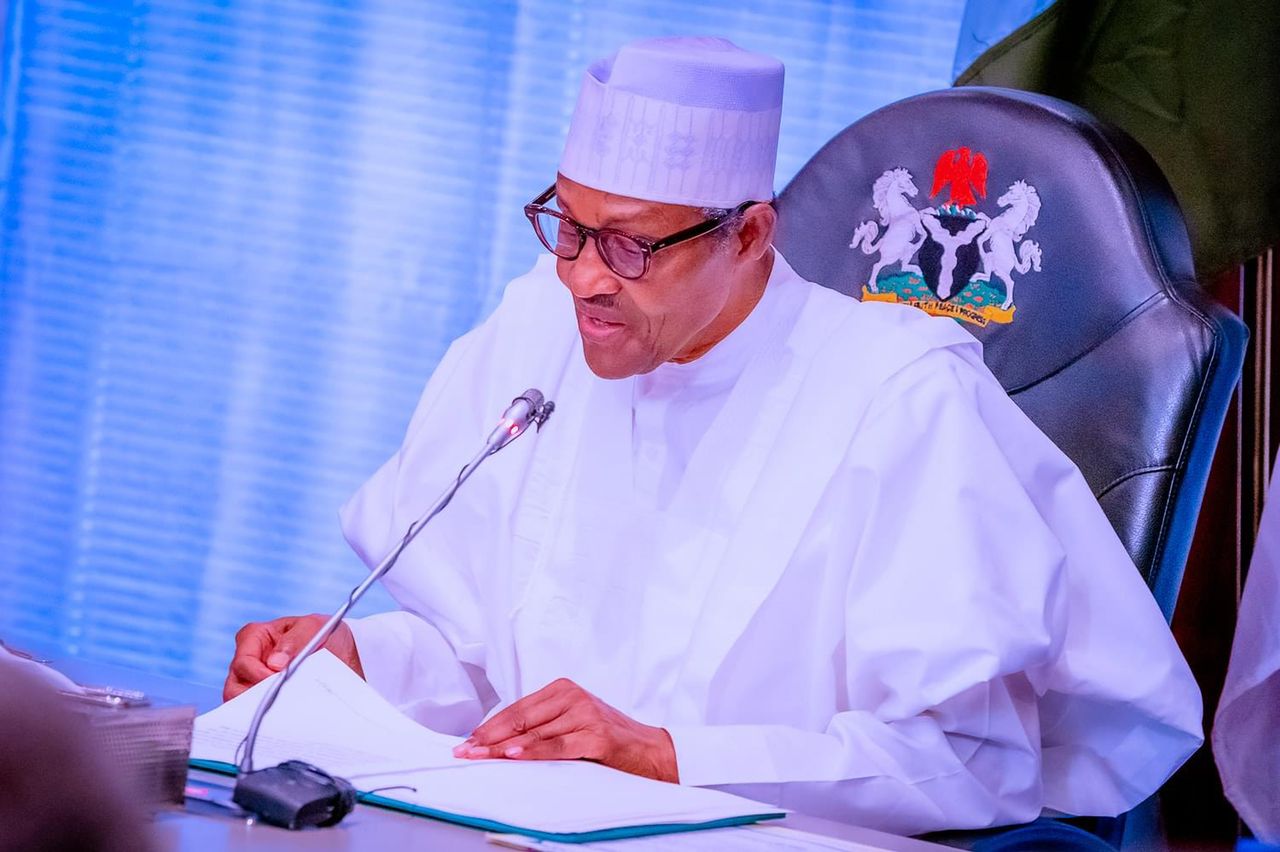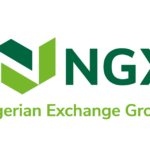President Muhammadu Buhari has said that lack of capital inflow from investors, especially those outside the country, is a serious challenge for Nigeria.
He stated this yesterday while speaking at the Nigeria International Economic Partnership Forum on the sidelines of the United Nations General Assembly (UNGA 77) in New York.
Buhari yet to name new auditor general 16 days after Aghughu retired
Explainer: How digital literacy can aid small businesses
In his keynote address delivered by his Chief of Staff, Professor Ibrahim Gambari, Buhari said Nigeria’s economy was ripe for increased investment.
“But on the contrary, private capital flows into Nigeria, consisting mainly of Foreign Direct Investment, have slowed, hindering the financing of much-needed infrastructure and natural resource access projects.
He said a key strategy being adopted was the Integrated National Financing Strategy, which sought to identify ways to expand the financing envelope of the sustainable development goals in Nigeria and enhance the sustainable development impact of financing by seeking to integrate and align public and private financial policies, regulatory frameworks, instruments, and business processes with sustainable development. The private sector will play a significant role in this strategy.
The president said: “The power sector is recognised as a major catalyst for Nigeria’s industrialisation. To this end, in July 2021, I launched the 614-kilometre Ajaokuta-Kaduna-Kano gas pipeline project to enhance our energy security.
“Our administration also provided the sovereign guarantee for this vital infrastructure project and when completed, this project will drive industrialisation across the country.
“Furthermore, the first phase of the Presidential Power Initiative will provide over 40 million people with more reliable electricity supply, create 11,000 direct and indirect jobs for Nigerians.”
Speaking on insecurity, Buhari said: “The level of insecurity on account of Boko Haram and other terrorist organisations such as ISWAP as well as banditry and kidnapping groups across Nigeria have also impacted negatively on our efforts. Happily, we are overcoming such bends with huge prospects for stability, which foreign direct investments can count upon. The advantages and disadvantages of investing in Nigeria far outweigh the challenges.”
Nigeria needs help to tackle debt burden- Adesina
Speaking at the event, the President of the African Development Bank (ADB), Akinwunmi Adesina has said Nigeria needs debt relief to tackle its debt burden.
Adesina argued that several African countries were at risk of high debt distress due to unstable and unsustainable debt levels. He said: “Nigeria’s debt level is N42.8 4 trillion, or $103 billion; external debt levels stand at N16.61 trillion naira or $14 billion.
“It is my firm belief that Nigeria needs to tackle its debt and international partnerships on debts will be needed to help Africa and Nigeria,” he said.
He said the National Integrated Infrastructure master plan showed that Nigeria will need total financing of $759 billion to support infrastructure over a 23-year horizon from 2020 to 2043.
According to the ADB president, “Nigeria holds impressive investments that are global reference. The newly constructed $10 billion Dangote Petrochemical and Fertiliser complex, the world’s largest ammonia plant in the free trade zone with a new port is exactly the kind of massive infrastructure and industrial manufacturing that is needed to make Nigeria a regional and global powerhouse gasoline, diesel and aviation for enterprise value chains.”
Categorise Nigeria’s stolen crude as ‘blood oil’ Kyari
The Group Chief Executive Officer of the Nigerian National Petroleum Company Limited, Mele Kyari called on the international community to label stolen oil from Nigeria as ‘blood oil.’
Kyari said the international community needed to support Nigeria because oil thrift had signatures.
He also called on the AFRIEXIM Bank to consider partnering with the NNPCL to achieve its objectives.
FG considering review of tax incentives
The Minister of Finance, Budget and National Economy, Zainab Ahmed said Nigeria had identified revenue leakages that were being systematically blocked by digitisation and the various tax systems.
She said: “There are some ineffective tax incentives that are currently in the process of being reviewed; some that have reached returning with maturity will not be renewed.
“There might be some rewards that have been introduced and we trying to make sure that we are getting value for the investments that they are providing,” she said.
Interest rate will continue to rise-CBN
Speaking at the forum, the Governor of the Central Bank of Nigeria (CBN), Godwin Emefiele hinted that interest rates will continue to rise in a bid to check rising inflation.
Emefiele said: “I am not going to give any guarantee to anybody that we will not continue to tighten or raise rates as long as we continue to see inflation at the current levels that we have seen. We have seen how the issues of inflation have led to a significant slowdown in global growth.”
He said the Swedish Central Bank raised rates by their highest margin in the last 30 years and in the last couple of days, the fed also raised rates, the second time by about 3% already.
“If the US Fed in history has raised rates this year, one year by 2 per cent, you could imagine what that means for the global economy.”

 Join Daily Trust WhatsApp Community For Quick Access To News and Happenings Around You.
Join Daily Trust WhatsApp Community For Quick Access To News and Happenings Around You.

